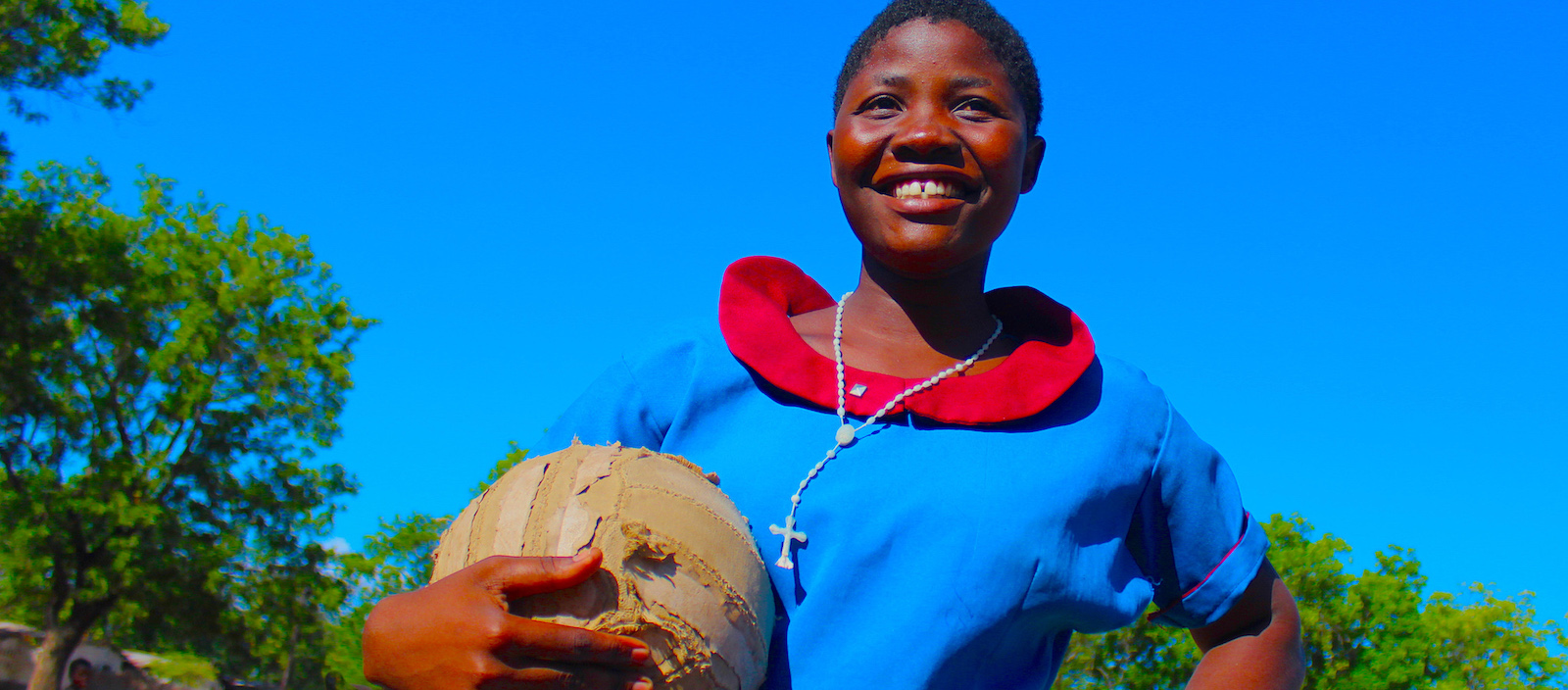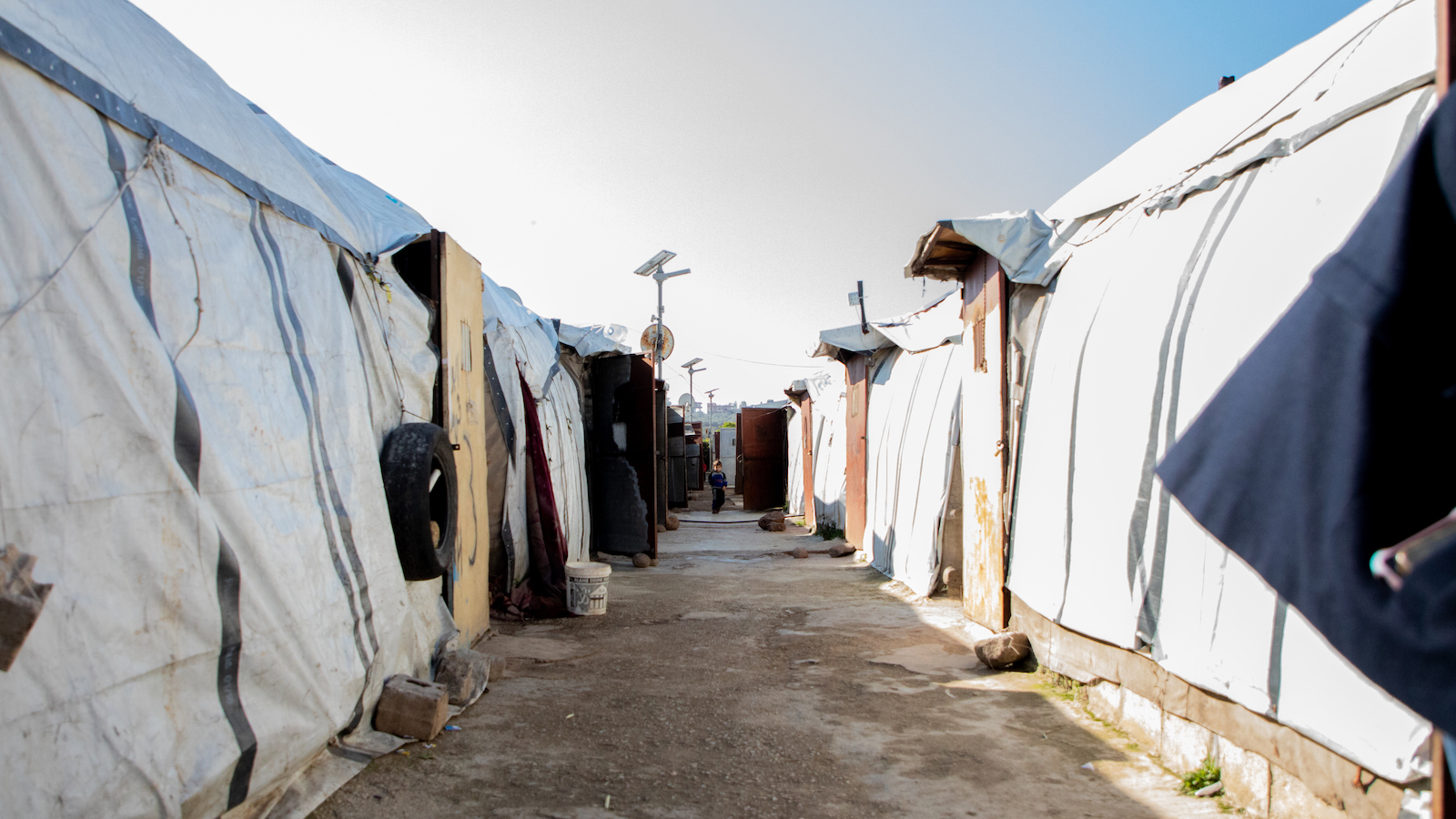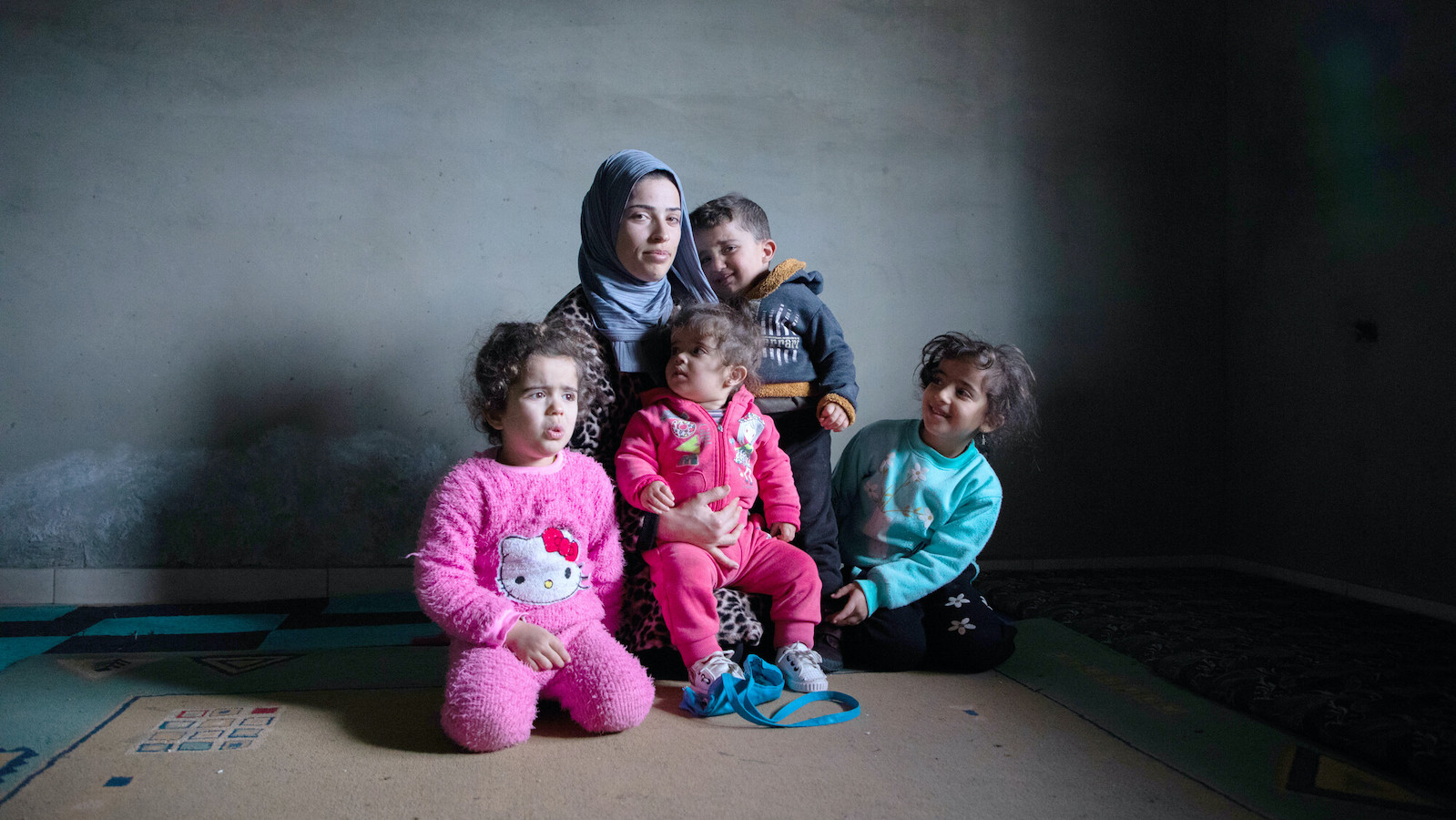The 2024 Paris Olympics are just around the corner, but how much do you know about the International Olympic Committee (IOC) Refugee Team?
The IOC Refugee Olympic team represents more than 100 million forcibly displaced people worldwide. Hailing from 11 different countries, including Afghanistan and Syria, the 36 athletes are hosted by 15 National Olympic Committees and will compete across 12 sporting events.
To join the team, athletes must be considered elite competitors in the sport they chose to take part in and be refugees in their host country under UNCHR's mandate. The range of sports and gender are also taken into consideration, as well as the spread of countries of origin.
The Refugee Olympic Team are an important symbol of hope for those displaced by conflict and violence.
How did the Refugee Team begin?
The team was created in 2016 by IOC President Thomas Bach as a symbol of hope for all refugees in the world to raise international awareness of the scale of the global refugee crisis.
2024 will be the third Olympics that the IOC Refugee Team have competed in. The team have previously competed at Rio in 2016 and Tokyo in 2020. The Paris team will be the largest-ever Refugee Olympic team and the athletes are aiming to win their first medal.
“Being a refugee is just a status and being a refugee doesn’t mean your life ends there.” — Rose Nathike Lokonyen, Olympic Track and Field athlete
Who is on the team this year?
This year the team are taking on sports from judo and swimming to canoe slalom and athletics. Among them, five athletes are being hosted by the United Kingdom National Olympic Committee.
The athletes hail from Afghanistan, Cameroon, the Democratic Republic of Congo, Cuba, Eritrea, Ethiopia, Iran, South Sudan, Sudan, Syria, and Venezuela.
Rose Nathike Lokonyen represented the Refugee Team at both the Rio 2016 and Tokyo 2020 Olympics. At the age of 10, she fled the crisis in South Sudan with her family, walking to the Kakuma refugee camp in Kenya after armed militias invaded her village. Lokonyen made history at the Rio 2016 Olympics by competing in the 800m event and serving as the flagbearer for the inaugural IOC Refugee Olympic Team. Her athletic talent was first discovered while she ran in the refugee camp, leading her to start participating in organized running competitions in 2015.
Despite spending a further nine months in the camp after her training facilities were closed during the COVID-19 pandemic, Lokonyen remained positive. “Being a refugee is just a status and being a refugee doesn’t mean your life ends there. As long as you do what is right for you, you can achieve whatever you want.”
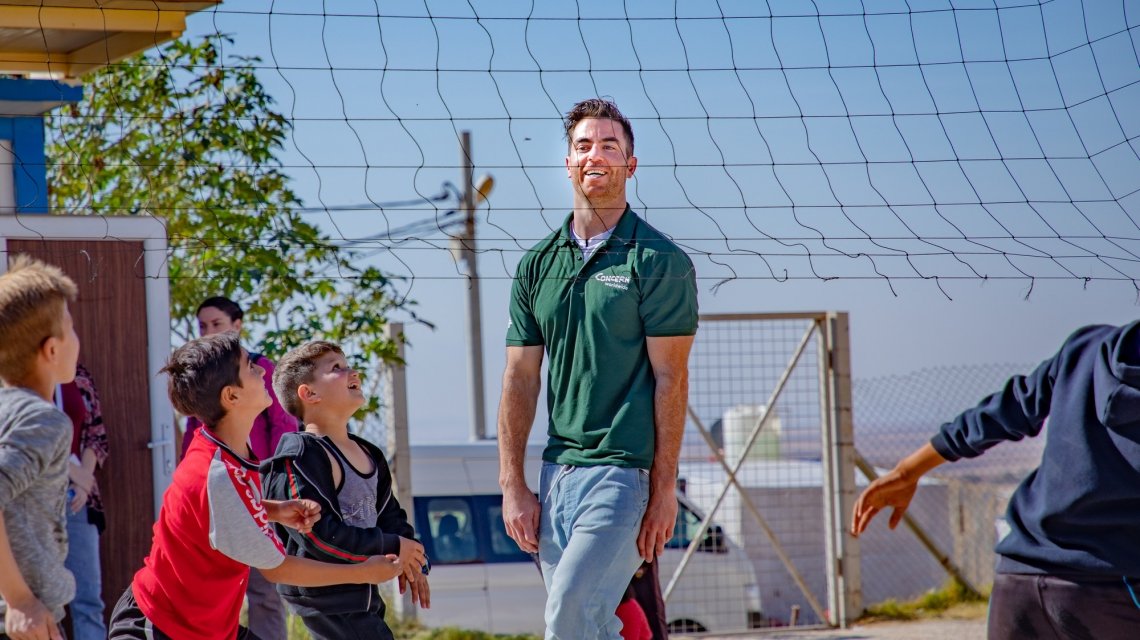
More people need access to sporting opportunities
Sports can make dreams a reality. However, it’s difficult to enter the sporting arena without connections and wider knowledge of the space. To ensure widespread access and long-term change, there needs to be a bigger effort to integrate sports activities with other development approaches and programming.
The Refugee Olympic Foundation supports athletes through the Refugee Athlete Scholarship Program. The Foundation has supported over 400,000 young people being able to access safe sport and more than 1,600 coaches have been trained in delivering safe sport sessions.
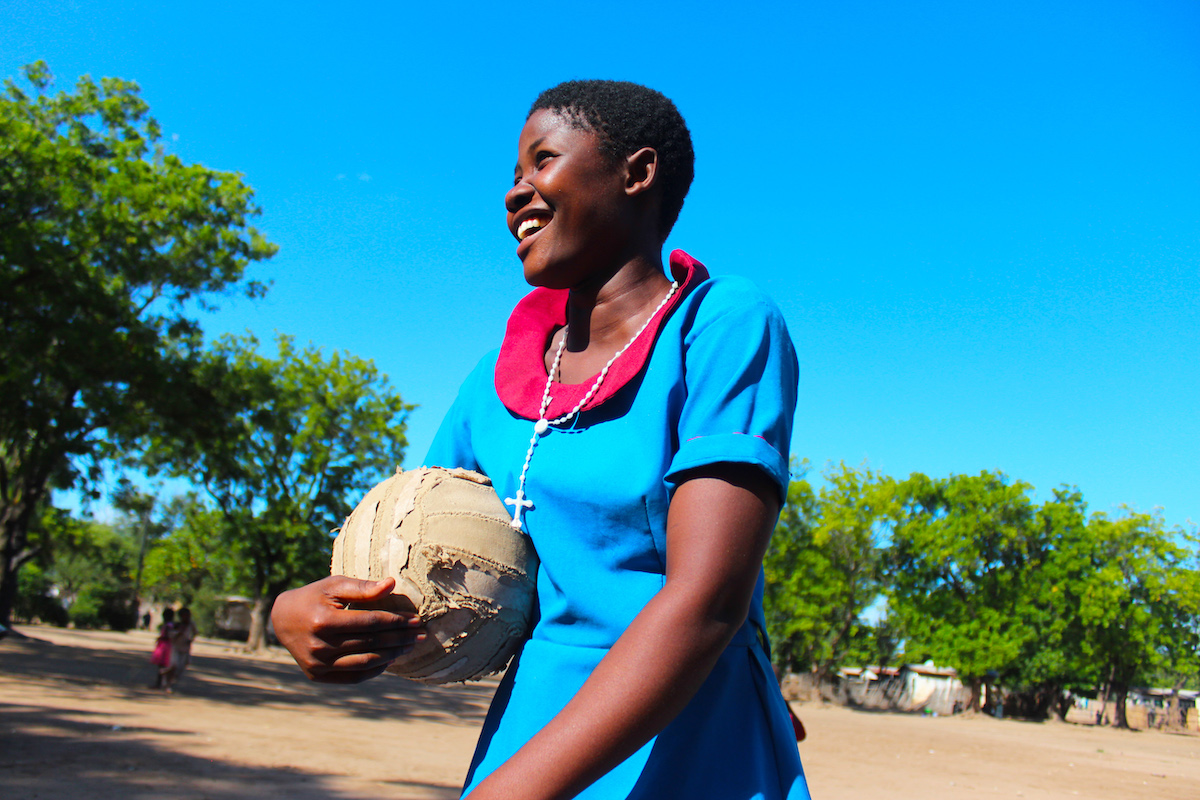
How Concern uses sports to encourage learning
Concern’s Skillz Program uses soccer to teach life skills, gender equality, hygiene skills and life goals to the students. We train the coaches for the program and supply equipment.
Christina, a 15-year-old student taking part in the Skillz Program, told us, “I love being part of the Skillz Programme. I have learned about what I love – cooking, playing and lots more. I have learned a lot of things that I did not know, including how to make sanitary pads and use them, and how to take care of myself during menstruation.” She also told us that she wants to finish school and become independent.
Concern’s work with refugees
Emergency response is part of Concern’s DNA and working with refugee communities in this context has become a core skill for our teams over the last six decades. We work with both refugee communities and host countries to ease the pressure that mass displacement can put on a host community. In addition to meeting the frontline needs — including food, shelter, protection, and other non-food essentials — we also work with refugees on longer-term initiatives, including skill-building and livelihood development and psychosocial support.
We also put a special focus on the needs of child refugees (who make up 40% of the global refugee population), including education, family support, and providing safe spaces where they can play and enjoy their childhood.
Last year, we responded to 66 emergencies in 20 countries, reaching nearly 15.5 million people. This included:
- Playing an essential role in NGO coordination in Chad and collaborating with a consortium of NGOs on the cross-border response to support Sudanese refugees.
- Rehabilitating temporary shelters in Lebanon, including preparing them for harsh winter conditions, in communities hosting a total of 39,700 Syrian refugees.
- Working with nearly 84,000 Rohingya refugees in Cox’s Bazar, Bangladesh on ways of preventing malnutrition within their families.

